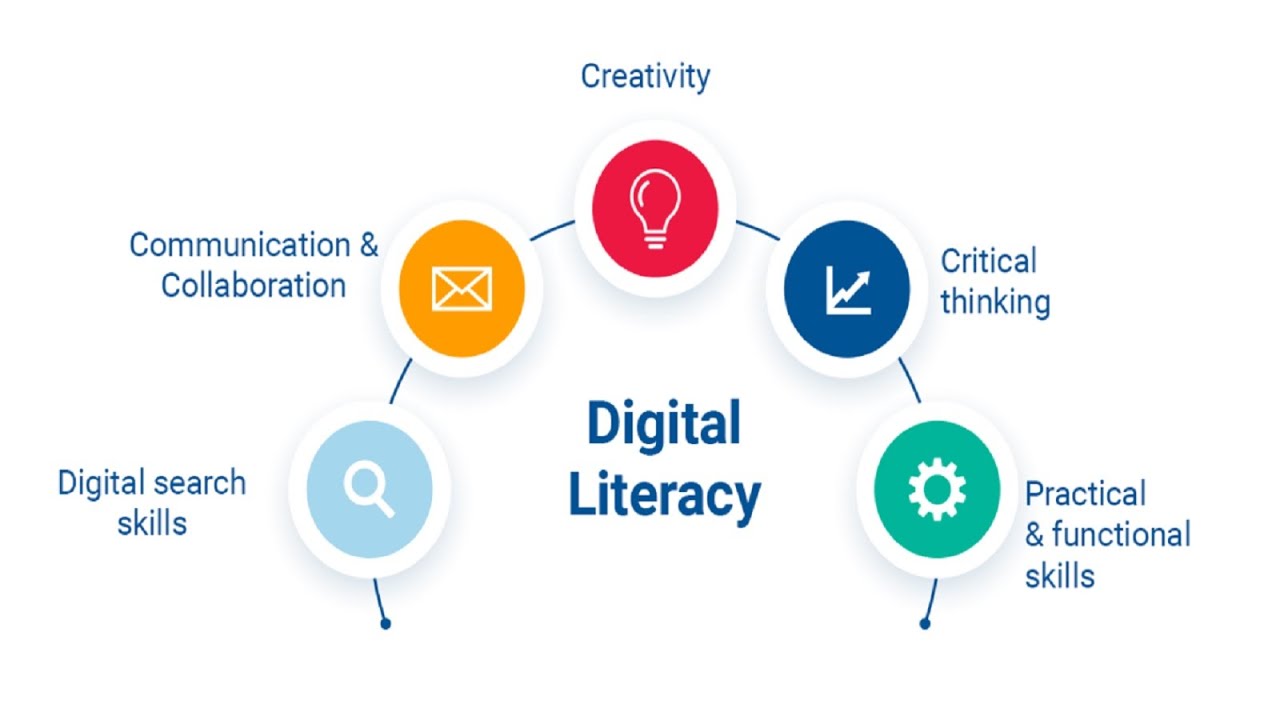Empowerment Technology Week 3 Lesson Online Safety (MELC)
Summary
TLDRThis lesson provides essential insights into online safety, cybersecurity risks, and internet etiquette. It emphasizes the importance of safeguarding personal information, recognizing threats like cyberbullying, identity theft, and malware, and adhering to safety guidelines like avoiding untrusted websites and using strong passwords. Additionally, the lesson covers netiquette, highlighting respectful behavior in online spaces and emphasizing the significance of maintaining privacy and avoiding online conflicts. The goal is to empower users with knowledge on staying safe and acting responsibly in the digital world.
Takeaways
- 😀 Online safety refers to the practices and precautions that should be followed to protect users, their computers, and personal information from internet-related crimes.
- 😀 Cyberbullying occurs when someone intentionally abuses, harasses, or mistreats others using electronic communication.
- 😀 Identity theft is when a person steals personal information to assume someone else's identity and make fraudulent transactions.
- 😀 Malware, such as viruses, Trojan horses, and worms, can damage computers or steal information.
- 😀 Spyware collects sensitive information from users' computers and sends it to hackers without consent.
- 😀 Phishing is a cyberattack method that uses deceptive emails and websites to steal personal information.
- 😀 Cybercrime involves using computers for illegal activities like hacking, phishing, and identity theft.
- 😀 The Cybercrime Prevention Act of 2012 and the Anti-Bullying Act of 2013 are laws in the Philippines to combat online crime and bullying.
- 😀 To stay safe online, it's important not to share passwords, visit untrusted websites, or give personal information to strangers.
- 😀 Netiquette refers to the proper behavior and manners online, ensuring respectful and appropriate interactions in online communities.
- 😀 Core rules of netiquette include respecting others' privacy, being mindful of people's time and bandwidth, and maintaining a positive online presence.
Q & A
What is online safety?
-Online safety refers to the practices and precautions that should be observed when using the internet to ensure that users, as well as their computers and personal information, are safe from crimes such as cybercrime, identity theft, and cyberbullying.
What are common online risks?
-Common online risks include cyberbullying, identity theft, cyberstalking, and exposure to malware or viruses. These risks involve harmful actions such as harassment, stealing personal information, and infecting devices with malicious software.
What is cyberbullying?
-Cyberbullying occurs when someone uses electronic communication, such as social media or messaging platforms, to intentionally abuse, harass, or mistreat another person. This can lead to emotional or psychological harm.
What is identity theft?
-Identity theft is a crime where someone steals another person's personal information to assume their identity, often for fraudulent transactions or financial gain, such as accessing bank accounts or making purchases.
What are the different types of malware?
-The types of malware include viruses (malicious programs that replicate and spread), trojan horses (programs that disguise as legitimate software to gain control of your computer), worms (programs that spread through networks), spyware (software that collects personal data), and adware (programs that display unwanted ads).
What is phishing?
-Phishing is a type of cyberattack that uses deceptive emails and websites to trick individuals into revealing sensitive personal information such as passwords, credit card numbers, or other private details.
What is the importance of updating antivirus software?
-Updating antivirus software is crucial to protect your computer from the latest threats and malware. An updated antivirus ensures that new and evolving malicious software is detected and neutralized, safeguarding your devices and data.
What should you do to stay safe online?
-To stay safe online, avoid sharing passwords, be cautious of untrusted websites, install and regularly update antivirus software, and refrain from sharing personal information with strangers. Additionally, always think before clicking on links or posting personal content.
What is netiquette?
-Netiquette refers to the proper manners and behavior when interacting online. It involves showing respect to others in online communities, being mindful of how we communicate, and adhering to acceptable standards of conduct in cyberspace.
What are some core rules of netiquette?
-Core rules of netiquette include: respecting others online, being mindful of others' time and bandwidth, sharing knowledge, controlling heated arguments, respecting privacy, and being forgiving of others' mistakes. These rules help maintain a positive and respectful online environment.
Outlines

此内容仅限付费用户访问。 请升级后访问。
立即升级Mindmap

此内容仅限付费用户访问。 请升级后访问。
立即升级Keywords

此内容仅限付费用户访问。 请升级后访问。
立即升级Highlights

此内容仅限付费用户访问。 请升级后访问。
立即升级Transcripts

此内容仅限付费用户访问。 请升级后访问。
立即升级5.0 / 5 (0 votes)






